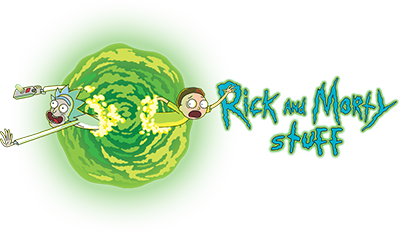Big Little Lies is more than just a captivating television series; it is a profound exploration of complex themes that resonate with many viewers. One of the most heart-wrenching narratives is Celeste Wright’s struggle with domestic abuse. Through her journey, the show poignantly portrays the nuances of abusive relationships, shedding light on the emotional turmoil faced by victims. Celeste’s character is a testament to the many individuals trapped in cycles of violence, making her story one that evokes empathy and understanding.
The Illusion of a Perfect Life
At the outset, Celeste appears to lead an idyllic life—a successful attorney, a devoted mother, and a loving wife to Perry. However, as the story unfolds, it becomes clear that this façade masks a deeper, darker reality. Celeste’s life is filled with fear and intimidation, and her struggle is emblematic of the complexity of domestic abuse. The show brilliantly illustrates how abusers often manipulate their victims, creating an illusion of love that is intertwined with control. This conflicting dynamic prevents victims from easily recognizing their situation and seeking help, a sentiment that Celeste embodies throughout the series.
The Cycle of Abuse
One of the most significant aspects of Celeste’s struggle is the cyclical nature of abuse. In “Big Little Lies,” we see how Perry’s charming demeanor often wins back Celeste’s affection after intense episodes of violence. This cycle—tension building, the incident, and then the honeymoon phase—further complicates her situation. Viewers are taken on an emotional roller coaster, witnessing Celeste’s internal conflict as she grapples with feelings of guilt, shame, and love. The series meticulously highlights how economic dependence and societal pressures can entrap individuals, making it difficult for them to leave abusers, something that resonates deeply with real-life victims.
The Role of Support Systems
Celeste’s transformation is also significantly influenced by the relationships she cultivates outside her marriage. The importance of support systems cannot be overstated when it comes to leaving an abusive partner. In the series, her friendships with other women play a crucial role in helping her reassess her situation. They provide her with emotional backing and gradually empower her to take steps toward liberation. Despite the intense fear that Perry instills in her, Celeste learns to value her worth and the well-being of her children over the toxic relationship. This represents a pivotal moment in her journey towards empowerment, making it clear that solidarity among friends can serve as a lifeline for those ensnared in domestic abuse issues.
Confronting the Reality
As Celeste begins to confront her reality, the show does not shy away from depicting the harsh realities of leaving an abuser. It shows that the road to freedom is fraught with emotional and logistical challenges, indicating that the act of leaving is seldom straightforward. In highlighting these struggles, “Big Little Lies” prompts important conversations surrounding domestic abuse, drawing attention to the resources available for those affected. For fans looking to connect with the series on a deeper level, exploring the Big Little Lies shop could foster a greater understanding of its themes through merchandise that speaks to the series’ strong female characters and their resilience. Ultimately, Celeste Wright’s narrative provides valuable insights into the complexities of domestic abuse and underscores the urgent need for awareness, support, and action.

